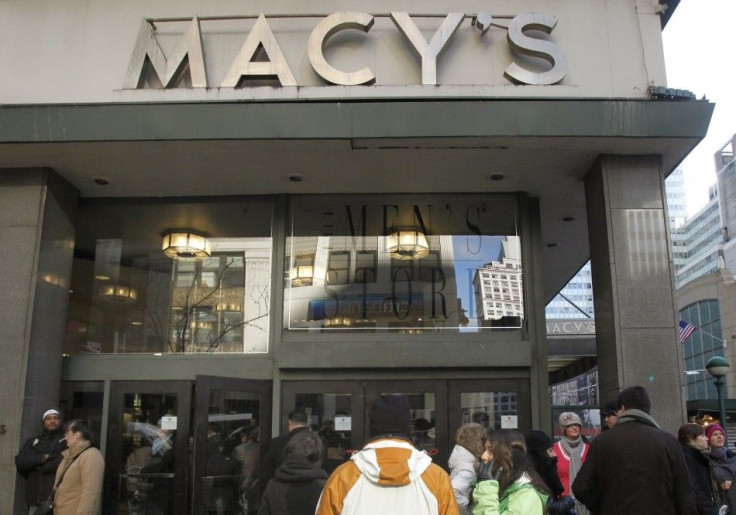Dimming Hopes For A Back-To-School Rebound For Retailers

It seems as though retailing is hitting some mid-year skids, leaving market watchers wondering if they need to write off the second-most important sales season of the year: Back to school.
In an economy predominately fuelled by consumer spending, a slump in retail is a major indicator of the state of the economy in the latter-half of the year that could have grim repercussions for the two most important shopping seasons of the year.
Some Wall Street analysts are taking an increasingly negative view of the sector.
Citigroup Incorporated (NYSE:C) reduced Tuesday its profit estimates for the nation's largest department store chain as the retail industry looks to August's back-to-school season, the second-most important season for the retail industry's annual cycle next to the yearend holiday season.
Target Corporation (NYSE:TGT) shares were taken to Neutral from Buy, a significant reduction in the bank's outlook for the Minneapolis, Minn.-based discount retailer.
Citigroup held Kohl's Corporation (NYSE:KSS) at Neutral, after the Menomonee, Wis.-bawed retailer saw same-store sales fall 4.2 percent last month.
Macy's Incorporated (NYSE:M) also had its price target lowered, from $38 to $37, after not meeting June sales expectations of 1.9 percent growth; sales for the retailer headquartered in Cincinnati, Ohio, only grew 1.2 percent.
While luxury retailers like Nordstrom Incorporated (NYSE: JWM) and Saks Incorporated (NYSE:SKS) reported unexpected upper-single-digit sales growth in June, mid-market department stores languished, which doesn't bode well as parents look to stocking up for the upcoming school year. In all, June was the worst month in three years for U.S. retailers.
We expect the upcoming (back-to-school) season to be challenging for our retailers, as consumers stick to buying the basics and competition from both pure play e-commerce and off-price players puts pressure on our retailers, said Citigroup analyst Deborah Weinswig.
And privately held Secacus, N.J.-based discount designer clothing chain Daffy's announced Monday it's shutting down all 19 of its stores, most of them in New York and New Jersey, and will pay its 1,300 employees for another 60 days before letting them go, according to Marketwatch.
J.C. Penney Company Incorporated (NYSE:JCP) of Plano, Texas, had its price target lowered by Citigroup to $24 from $40 as the beleaguered company saw its share price hit a 52-week low on Tuesday. While the bank kept its Buy rating, it was taken off one of the banks top picks lists. Other banks have hit the retailer hard in recent weeks.
Families aren't opposed to spending on what they need, but parents want their children to take a good look around at what they already have before deciding what to buy for back to school this year, said National Retail Federation President and CEO Matthew Shay in a statement announcing his organization's annual back-to-school spending survey. Retailers understand consumers are extremely focused on value and are taking this opportunity to offer substantial savings on merchandise.
The survey shows families will be more frugal this year, and spend about $603 this year on items for their children, down slightly from about $606. The survey suggest a cautious if not slowing rebound from the last recession, with parents saying they will be more careful in what the buy for their kids this year, especially in clothing and school supplies.
© Copyright IBTimes 2025. All rights reserved.






















